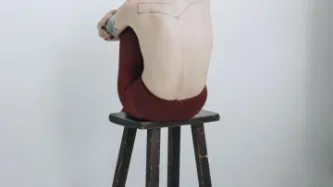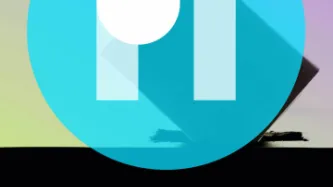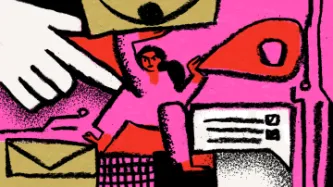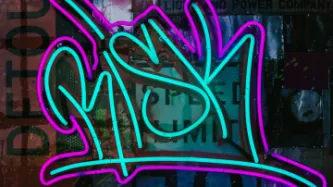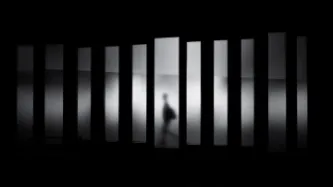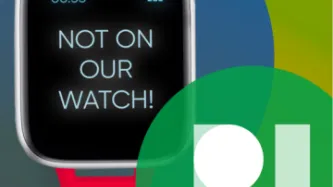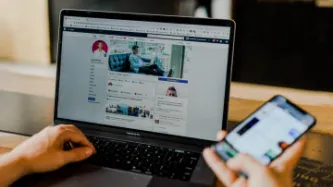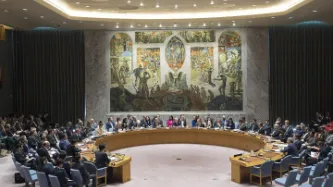Search
Content type: News & Analysis
Banning TikTok? It's time to fix the out-of-control data exploitation industry - not a symptom of it
Content type: Advocacy
Content type: Video
Content type: News & Analysis
Content type: Press release
Content type: Examples
Content type: Examples
Content type: Examples
Content type: Examples
Content type: Key Resources
Content type: News & Analysis

